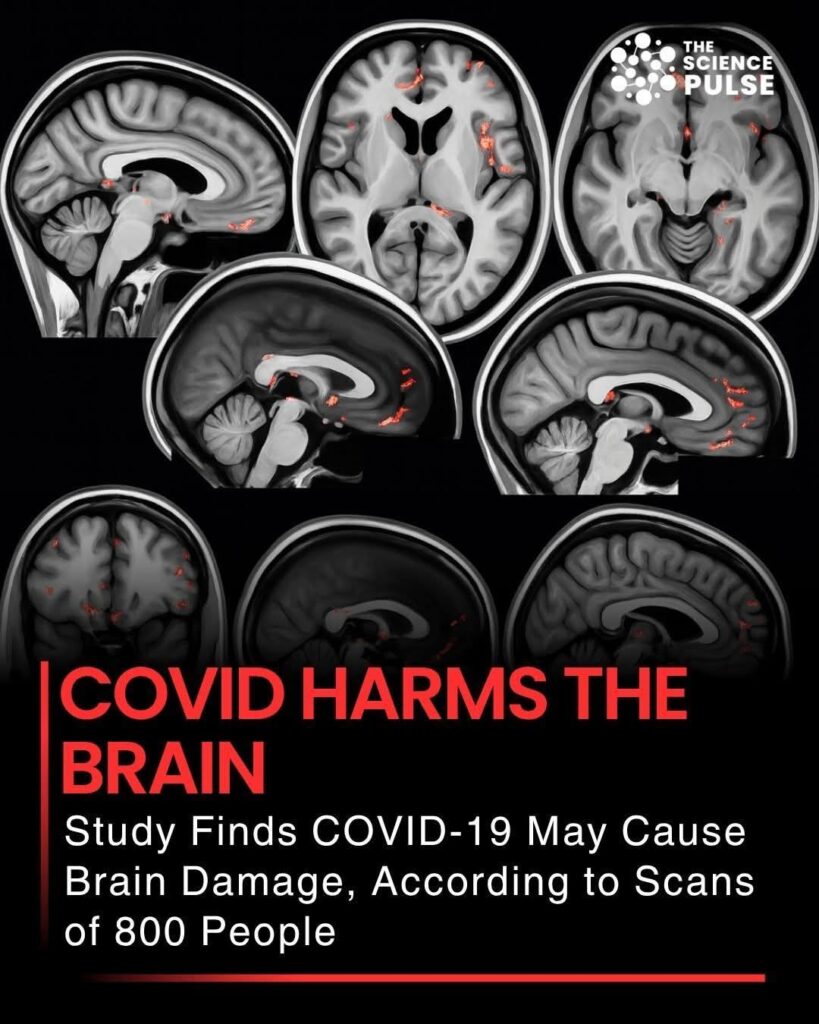Heart DiseaseCardiac FailureStressLifestyle FactorsTreatmentsReducing Risk
Fibromyalgia and heart health may be more closely connected than people realize. Fibromyalgia can greatly affect quality of life, and lifestyle changes due to the disease can increase the risk of problems with the heart and blood vessels, including heart attack and stroke.
This article discusses how fibromyalgia is related to heart problems, what it has to do with stress, and how it may affect your physical activity levels. It also offers tips on how to treat symptoms and moderate your risk of heart conditions.
:max_bytes(150000):strip_icc():format(webp)/152886240-56a2f5c03df78cf7727b4d02.jpg) Chest pain is very common, but isn’t the only symptom of heart attack. Colin Hawkins/Getty ImagesFibromyalgia and Heart Disease
Chest pain is very common, but isn’t the only symptom of heart attack. Colin Hawkins/Getty ImagesFibromyalgia and Heart DiseaseFirst, understand that having a higher risk of a health problem doesn’t mean you will develop it. Knowing your risk is a positive thing because it gives you a chance to make healthy changes.
Research does suggest that women with fibromyalgia are at a higher risk of heart disease than healthy women.1 That was among the findings of the well-known al-Andalus project published in the journal Clinical and Experimental Rheumatology in 2017.
Spanish researchers looked at 436 women with fibromyalgia and 217 in the control group, documenting cardiovascular disease risk factors, including:
Waist circumferenceBody fat percentageResting heart rateBlood pressureCardiorespiratory fitnessCigarettes smoked per dayComparing the two, they found that the women in the fibromyalgia group:
Had a larger waist circumferenceHad more body fatSmoked more cigarettesHad lower levels of cardiorespiratory fitnessThis is far from the first study to suggest that a lot of women living with this debilitating condition are overweight and out of shape. It’s a logical consequence of chronic illness, especially when your illness makes physical exertion extremely hard on your body. When moving leads to pain, people tend to move less.They also found that the participants with fibromyalgia who exercised less had higher risk factors than those who got regular moderate-to-vigorous physical activity.
A 2023 study of fibromyalgia among the Italian population found people with fibromyalgia had more cardiovascular risk factors and more stress on the cardiovascular system than the general population. It also found high rates of hypertension (high blood pressure) and diabetes, as well as a high rate of an abnormal heart rhythm called atrial fibrillation among females with fibromyalgia.2
Cardiac Failure in FibromyalgiaA 2017 study published in the European Journal of Rheumatology suggests that fibromyalgia is especially common in people who have a chronic cardiac failure (CCF).3 Additionally, fibromyalgia was associated with worse outcomes in CCF.
Of the 57 people with CCF who were studied, 13 met the diagnostic criteria for fibromyalgia. That’s almost 23%, which is considerably higher than the rate in the general population, which is estimated at 3% to 6%.
Those with fibromyalgia also were more likely to have other central sensitivity syndromes, especially TMJ, headache, and irritable bladder.
Fibromyalgia and Chest PainWhile chest pain can be an indication of a heart problem, this isn’t always this case. Fibromyalgia can cause chest pain resulting from inflammation of the cartilage of the ribs and sternum (breastbone). Talk your healthcare provider if you’re having chest pain to rule out heart-related and other problems.
Fibromyalgia and StressIn 2023, researchers reported that fibromyalgia is linked with abnormal functioning of the sympathetic nervous system, which regulates how your body responds to stress. Compared to people in this study without fibromyalgia, those with the condition not only had higher heart rates, but also had lower heart rate variability.
Low heart rate variability makes you more vulnerable to stress and more susceptible to disease.
The same study also found a link between heart rate variability and depression in people with fibromyalgia. Those with normal levels of heart rate variability tended to have low rates of depression and anxiety, while people with lower heart rate variability tended to have higher rates of depression and anxiety.
Stress, depression, and anxiety are three factors that have been linked to poor heart health. They can put you at higher risk for heart attack and stroke earlier in life.
Fibromyalgia and Exercise IntoleranceIs a higher risk of heart disease fully attributable to our weight and fitness levels? Probably not. Research also has found cardiac abnormalities linked to fibromyalgia that have nothing to do with those.
In 2011, Arthritis Research & Therapy published an exercise study that detailed several abnormalities in the fibromyalgia group, including:7
Delayed heart-rate recovery: This is how quickly your heart returns to normal after you stop exercisingChronotropic incompetence: This means the heart isn’t able to increase its rate enough to deal with the demands of the activity. It’s known to produce exercise intolerance and is common in people with cardiovascular disease.Exercise intolerance has long been a known feature of fibromyalgia, and this could help explain why. That should offer some validation to people with this condition who’ve been told they just need to exercise more and they’ll be fine. Sometimes others don’t understand (or refuse to consider) that more exercise means more severe symptoms.
It’s worth noting that in this study, the illness and control groups were body-mass-index matched as well as age-matched, so the fibromyalgia participants were not more overweight than the healthy women.
The researchers determined that delayed heart rate recovery and chronotropic incompetence are indicative of cardiac autonomic impairment, which can lead to a higher risk of cardiovascular events, including fatal ones.The autonomic nervous system is believed to be dysregulated in fibromyalgia. It controls a lot of automatic functions in your body, including heart rate and blood pressure. A 2018 paper in Frontiers in Physiology appears to provide evidence to back that hypothesis.8
Researchers analyzed the heartbeat fluctuations of people with fibromyalgia, which are the jagged lines you see on a heart monitor. Each peak and valley and the distances between them can tell an expert a lot about your heart health.
They found patterns that were abnormal and distinct from those of the healthy subjects, which again suggests problems with the autonomic nervous system and its control of the heart rate.
A small Korean study published in 2018 also found numerous abnormal measurements and ratios in the heart rate variability of fibromyalgia patients.9 The purpose of that study was to improve the detection of cardiac autonomic dysfunction in the condition because of its frequency.
Other Factors That Affect Exercise CapacityProblems with something called the baroreflex have also been linked to fibromyalgia. The baroreflex helps your body with homeostasis, which is what keeps things like the internal temperature in balance. Specifically, the baroreflex is part of what keeps your blood pressure at a nearly constant level.
A 2017 study by Zamuner, et al., found that the cardiac baroreflex had a lower involvement during an active standing test in people with fibromyalgia than in healthy controls.10 On top of that, they determined that the lower the baroreflex involvement was, the more severe the case of fibromyalgia.
A 2017 study in Turkey found fibromyalgia was especially frequent in people complaining of heart palpitations (rapid heartbeat), but it didn’t find any link between fibromyalgia and arrhythmia (irregular heart rhythms).11
A 2023 study in BMC Musculoskeletal Disorders looked at the heart rate response during exercise in fibromyalgia and found fibromyalgia participants had a harder time reaching maximal oxygen consumption. The researchers were not able to explain this effect by abnormal muscle metabolism. Their explanation is deconditioning due to reduced physical activity.12
Possible TreatmentsExercise can be difficult for people with fibromyalgia, but modifications can be made. Research shows that exercise is an important part of managing symptoms. People with fibromyalgia often have a sedentary lifestyle, and this can increase the risk of developing other conditions, including heart-related problems.13
You don’t have to make exercise complicated. It can be something as simple as walking—it can include any activity that doesn’t exacerbate your pain or symptoms. Exercise isn’t a cure, but it does have benefits including a slight improvement in pain and stiffness, physical function, and heart and lung function.13
Some treatments are under investigation for some of the specific cardiac abnormalities linked to fibromyalgia.
A 2017 Journal of Pain Research Study examined the effects of slow breathing on fibromyalgia because it’s shown to be effective at moderating symptoms, but the reasons are not yet understood.14 During normal breathing, compared to controls, the fibromyalgia group showed differences in heart rate, heart rate variability, and baroreceptor activity.
Interestingly, the fibromyalgia participants showed improved autonomic function during slow breathing and even greater improvement with mechanically assisted breathing. The researchers urged further research into the nervous system’s involvement with the changes, as well as whether training fibromyalgia patients in paced breathing can replicate the results they had with mechanical assistance.
Because of the problems with the baroreflex, a group of researchers investigated whether something called Systolic Extinction Training (SET) was an effective treatment for people with fibromyalgia who show an elevated blood pressure response to stress.15
SET combines operant treatment (environmental, lifestyle, and behavioral changes) with BaroReflex Training—a type of electrical stimulation delivered at precise points of the cardiac cycle. They compared SET to treatment with electrical stimulation that wasn’t linked to the cardiac cycle, and also with aerobic exercise.
Researchers reported that SET resulted in significant and long-lasting pain remission and was more effective than the other treatments. This was a small study, so it can’t be taken as hard evidence, but it could lead to more research down the road.
Moderating Your Risk of Heart IssuesIf you’re concerned about these risk factors, talk to your healthcare provider and try to make slow, gradual changes rather than jumping into a new diet and exercise regimen. Our bodies don’t do well with sudden, extreme changes.
Conventional wisdom tells us that we can improve our heart health by eating certain foods, losing weight, and exercising. With fibromyalgia, some of those things are bound to be more difficult for you than they are for most people, although losing weight may help alleviate fibromyalgia symptoms, as well.
Your healthcare provider may be able to help you find simple dietary changes that can improve your cardiovascular health. Working together, you may also be able to come up with ideas for improving your overall fitness without pushing you to exercise too hard.With care, some people can gradually increase activity levels, but it all depends on the approach. Many people with fibromyalgia benefit from gentle exercises, such as yoga, Tai Chi, Qigong, and warm-water exercise.
If you’re a smoker, quitting can improve your heart health, and it may help lessen your fibromyalgia symptoms as well.
SummaryHearing that your fibromyalgia could make you more likely to develop heart disease can be frightening. Remember that nothing is set in stone, though, and that you do have some control over a few risk factors.
Aside from talking to your healthcare provider about your symptoms and treatment options, find an activity that adds a little more movement to your day without making your pain or symptoms worse. Keep it simple. Walking is a great place to start.
Consider this as an opportunity to get started on working toward better heart health. Talk to your healthcare provider about your risk of heart problems and your best options for keeping your heart healthy.
15 Sources:max_bytes(150000):strip_icc():format(webp)/Adrienne-Dellwo-1000-749dc7aac3884bb1bf77744fafac64ef.jpg)
reference<https://www.verywellhealth.com/heart-abnormalities-in-fibromyalgia-4176252



